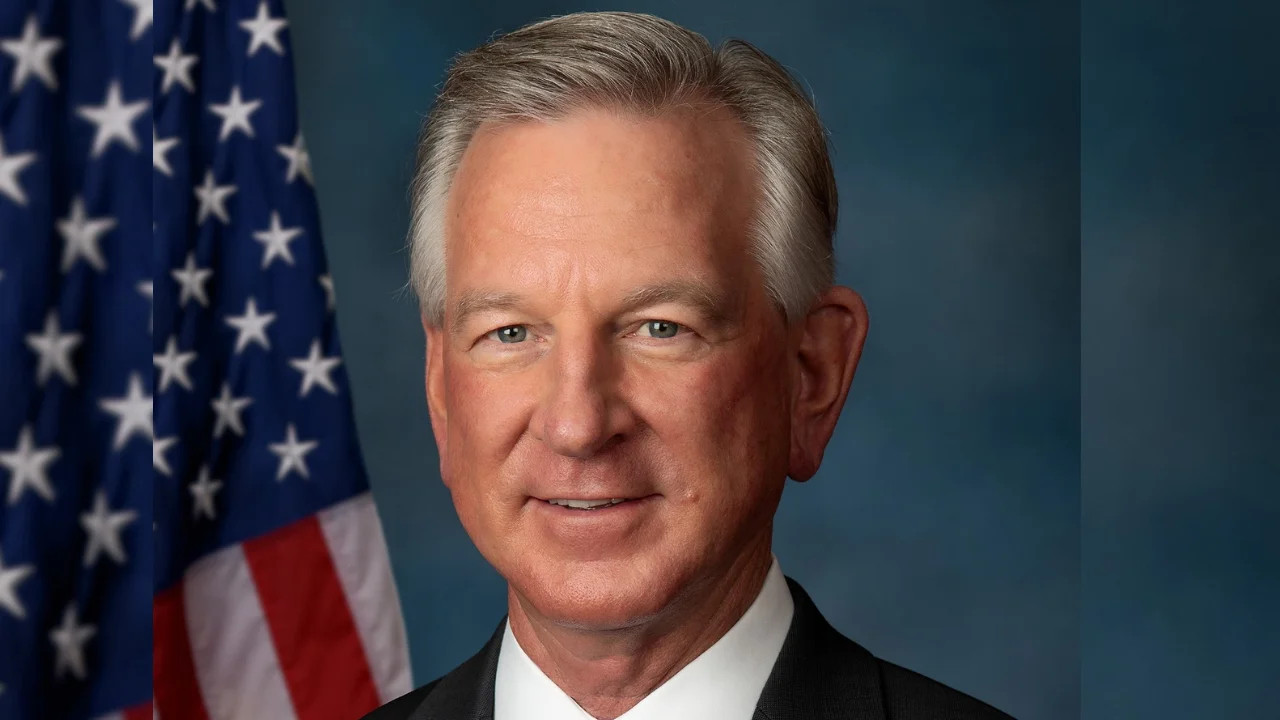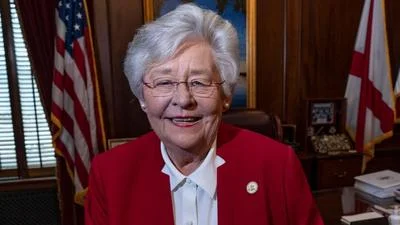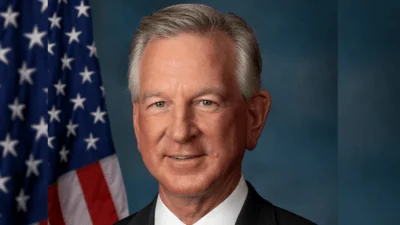US Senator for Alabama | US Senator for Alabama website
US Senator for Alabama | US Senator for Alabama website
U.S. Senator Tommy Tuberville (R-AL) chaired his first hearing as Chairman of the Health, Education, Labor, and Pensions (HELP) Subcommittee on Education and the American Family. The session focused on educational reform, with witnesses highlighting issues such as declining literacy rates and limited access to charter schools.
During the hearing titled “Empowering Families for Better Educational Results,” Tuberville stressed the need for parental choice in education and legislative efforts aimed at benefiting teachers, parents, and students. He recounted his background in education and described his motivation for seeking office: "I was an educator for decades before I decided to come up here, and over those years, I saw the state of our education system decline. The federal government just kept spending more money and more money in K-12 education, and the more they spent, the worse outcomes became."
Tuberville pointed to recent initiatives in Alabama—including the Choose Act, which provides income tax credits for families opting for private schooling or homeschooling—as examples of state-level reforms. He noted that other states have enacted or are considering similar measures promoting school choice.
He also addressed widespread literacy challenges among students: "Right now, our kids in a lot of areas can’t read. We have kids entering middle school and high school who aren’t at a third grade reading level." Tuberville referenced legislation such as Delaware’s House Bill 304 and Alabama’s Literacy Act—both requiring multiple reading assessments each year—to illustrate ongoing state efforts.
The discussion included questions about charter schools’ influence on public district schools. Witness Mr. Barnett responded: "There are really two large national studies that speak to this... Both actually show that the presence of charter schools has, in some way, improved outcomes within district schools."
Teacher preparedness was another key topic. Tuberville asked Ms. Wicks about training educators in effective reading instruction methods. Wicks replied: "It’s critical that we give educators the right preparedness to understand this issue... only 25% of educator prep programs are currently teaching the science of reading to their aspiring teachers." She advocated for stronger state standards tied to accreditation and licensure exams.
Debate also covered federal versus state control over education policy. When asked if increased school choice undermines public schools or if power should shift back to states, Ms. Gentles said: "Consistently studies show that when states have implemented school choice programs, the nearby public schools have benefited... freeing up states from federal regulations from monitoring [and] compliance—all the time that all those bureaucrats at the state and district level are spending on federal paperwork is going to benefit public education."
Gentles highlighted Louisiana’s progress following 2024 NAEP scores but also commended improvements made by Alabama—referred to as part of a “southern surge.”
Senator Tuberville serves on several Senate committees including Armed Services; Agriculture; Veterans’ Affairs; HELP; and Aging.





 Alerts Sign-up
Alerts Sign-up